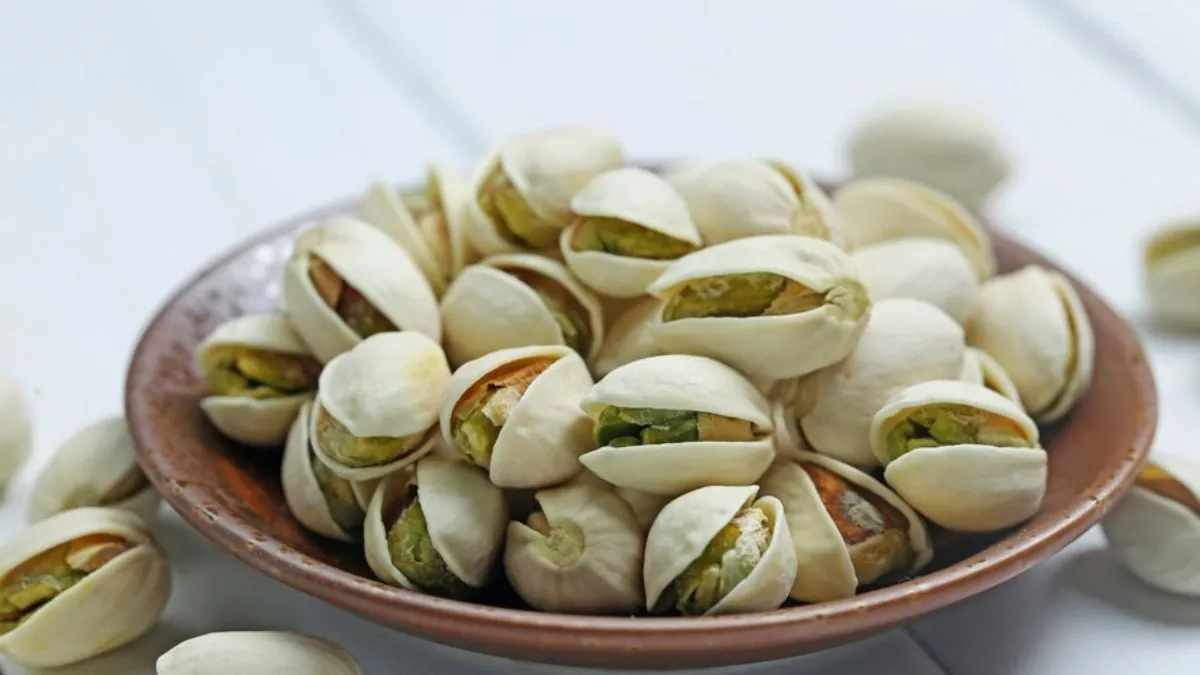Pistachio Benefits: In winter, we want to eat such things, that help in keeping our body warm. For this, many things like ghee, jaggery, and ginger are eaten, but do you know that pistachio is the best dry fruit to eat in winter? It is a dry fruit of hot nature, hence it helps keep you warm from inside in winter, it is also very beneficial for your health, hence it is considered to be the perfect snack in winter. You can also eat it by adding it to many dishes. Let us know the benefits of eating pistachios daily in winter.

Pistachios help in keeping your body warm from within in winter. By eating it daily, you can avoid the side effects of colds like colds and coughs, and the fatty acids, vitamins, and minerals present in it also provide energy.
Increases immunity
A large amount of antioxidants, vitamins, and minerals are found in pistachios, which help in strengthening our immune system. Many diseases can be avoided by strengthening the immune system, so make pistachios a part of your diet in winter.
better skin
Vitamin E is found in pistachios, which is no less than a boon for your skin. It naturally increases the elasticity of your skin, which reduces wrinkles and fine lines, and it also protects your skin from UV rays, thereby avoiding problems caused by sun damage. It contains many fatty acids, which help in keeping the skin moisturized.
take care of your heart
Pistachios help in increasing good cholesterol by reducing bad cholesterol in your body. Good cholesterol is beneficial for your heart, and due to this, the risk of many cardiovascular diseases is reduced.
beneficial for hair
Biotin is very beneficial for hair. Its deficiency can cause many problems like hair fall, dandruff, dryness, etc. Biotin is found in abundance in pistachios, which strengthens and moisturizes the hair. Because of this, hair breaks less and their dryness also reduces.
helpful in losing weight

Pistachios keep your stomach full for a long time, due to which you do not feel hungry very often and you are saved from overeating. By not overeating, your weight does not increase and the risk of hypertension, diabetes, and cardiovascular disease is reduced.
Disclaimer: The advice and suggestions mentioned in the article are for general information purposes only and should not be taken as professional medical advice. If you have any questions or concerns, always consult your doctor.
Picture Courtesy: Google










